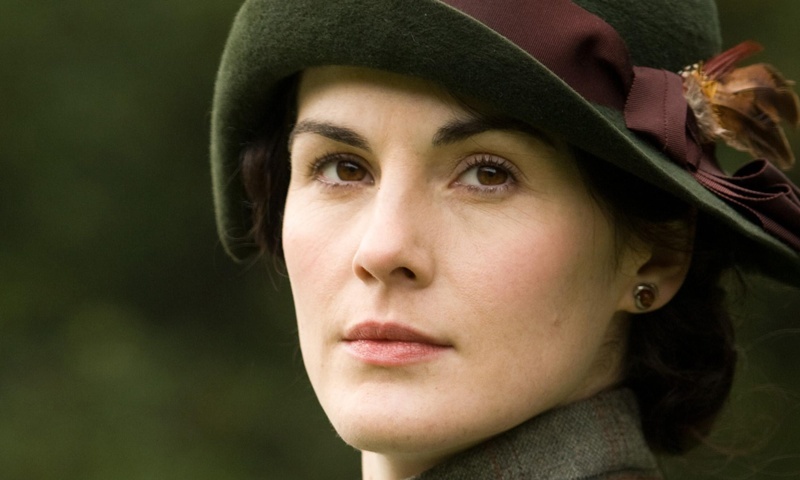I was in a DVD store last week, as part of my ongoing programme of wandering, wide-eyed and clueless, around Canadian shopping malls, gazing at the shiny things.
It was a fascinating place, full of all the Region 1 that means region-coded for North America editions of DVDs that I used to own before I shed most of my possessions ready for the big trek west. As I have briefly mentioned on my personal blog, I was struck by the categories of DVDs for sale. There were the usual things, like comedy, action, horror and so on, plus one huge section: “British television”. The man in the shop joked: “You would just call that television.”
No other country had its own section. India puts out DVDs by the million, but they must have been in another shop. South American soap operas must beget tons of box sets but I didn’t see any of them. This store, in this part of this country, was interested in British TV.
A closer look revealed a great deal. As soon as I managed to tear my geeky eyes away from the Doctor Who stuff, I noticed a definite trend: period drama. Some of it involved crime, like Inspector George Gently and Foyle’s War, some involved twee medical emergencies, like Call The Midwife, and some of it involved magic, like Merlin, but quite a lot of it involved costumes. Downton Abbey, that worldwide phenomenon, unsurprisingly led the way. There were lots of other things, like Doc Martin and Sherlock, but my unscientific investigation confirmed the widely-reported fact that period drama, while popular at home, is also an enormously important export for the UK.
There are dozens of media statistics and sales sites out there, but they all agree on one thing: Downton Abbey, with its lords, ladies, servants and dramatic pauses, makes a lot of money for BBC Worldwide, the commercial arm of the BBC. This one says season three brought in $13m in North America in the first five months of 2013 for DVD sales alone, and that’s not including broadcast fees, streaming services, merchandising income and advertising revenue. It’s all part of the estimated £1bn turnover of BBC Worldwide. Neatly sidestepping the issue of BBC funding, that brings me to the question of how the world sees the UK.
Anyone with a little common sense will know that period drama isn’t an accurate picture of British life. But there is a yearning for that life of lace handkerchiefs and tea in the morning room. There’s definitely a perception that traces of it must exist somewhere and that’s a powerful economic force. It’s remarkable to see it from this side of the Atlantic, where fans of Downton or Upstairs Downstairs grin sheepishly, as if their interest is a bit of a guilty pleasure, but are still very keen to talk about it. Everybody wonders if they’re being a bit silly, like a debutante with an attack of the vapours, but they keep on buying those DVDs.
If you fly into Las Vegas, the easiest way to get to “the Strip” the main tourism area is to hop into a cab, and one of the first sights you will see as you drive along is the Excalibur Hotel. It’s a real, actual castle, built in the Disney style of medieval history, and it’s full of all sorts of King Arthur daftness, including a portcullis and a daily jousting tournament. At first it’s bizarre but, as you see everyone having fun, it becomes difficult to be too critical. You just have to go with the flow.
TV’s depiction of old-fashioned Britishness and possibly this is, in fact, about some long-lost Englishness is a strange thing to see but, somehow, it is comforting. Just like the Excalibur Hotel, it’s an accurate representation of something that never really existed. It’s weird to see nostalgia for something that’s fictional and far away but who are we to complain? At least it gets us noticed.
Now, where can I buy a top hat?
